Knowledge Hub
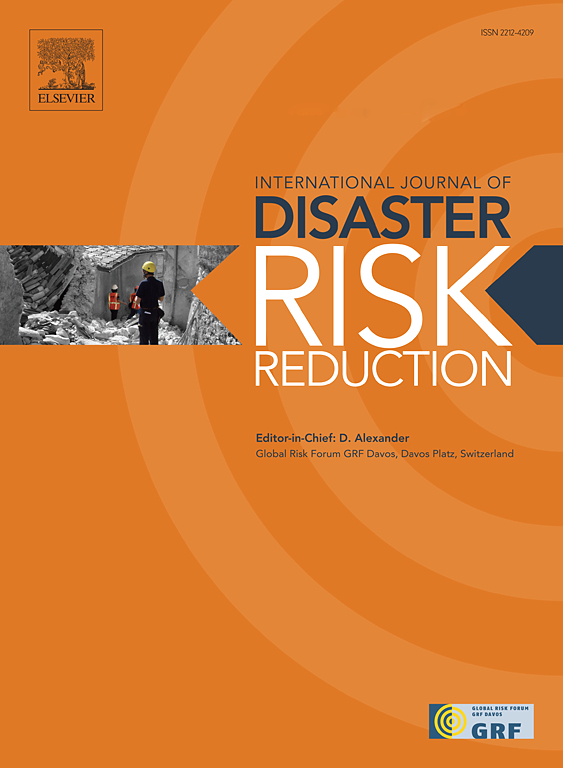
IJDRR publishes fundamental and applied research, critical reviews, policy papers and case studies with a particular focus on multi-disciplinary research that aims to reduce the impact of natural, technological, social and intentional disasters
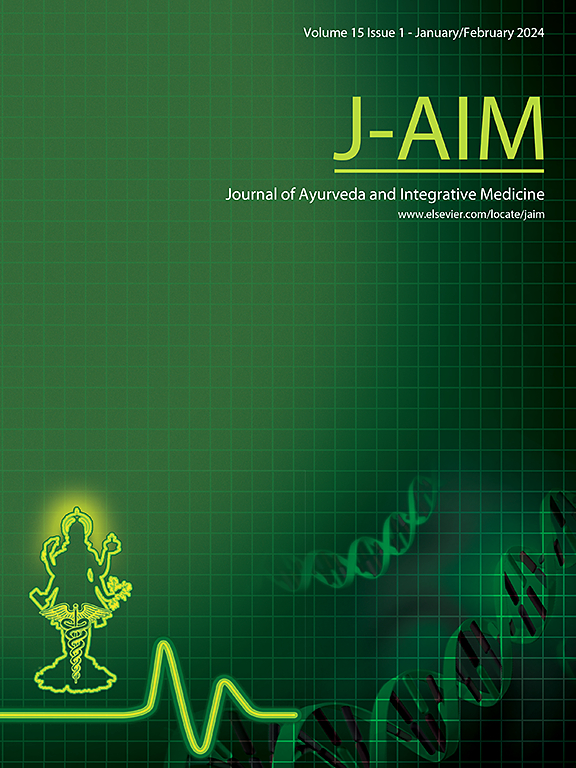
The Journal of Ayurveda and Integrative Medicine (J-AIM) is internationally circulated open access official publication of World Ayurveda Foundation and Trans-Disciplinary University, Bengaluru. As a trans-disciplinary platform for integrative health sciences, J-AIM aims to explore the relationships between Ayurveda, traditional medicine, biomedicine and other contemporary health sciences, encouraging meaningful collaboration to promote effective, safe and affordable global health.
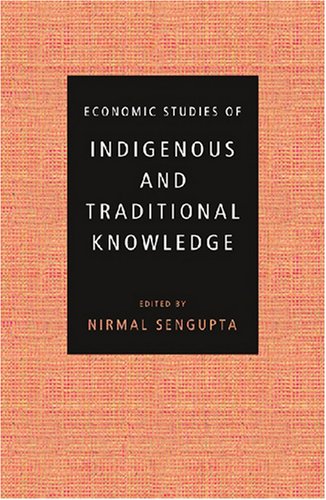
This book deals with the traditional and indigenous knowledge of the common men and women of India—tribal and Dalit populations, fisher folk, craftsmen, artisans, and leather workers—which includes their agriculture, housing, and irrigation methods; medicinal knowledge; methods for collecting drinking water and arts.
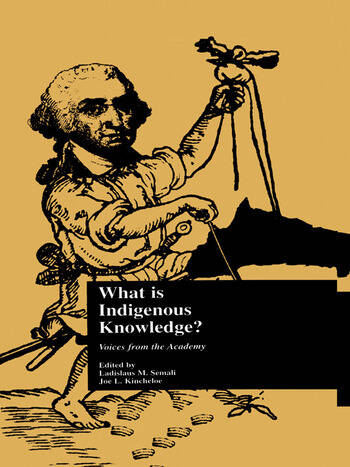
What is Indigenous Knowledge? Voices from the Academy
1999
Author(s): Semali L M, Kincheloe J L, Kincheloe J L, Semali L M
The book not only exposes the fault lines of modernist grand narratives, but also illuminates, in a vivid and direct way, what it means to come to subjectivity in the margins.
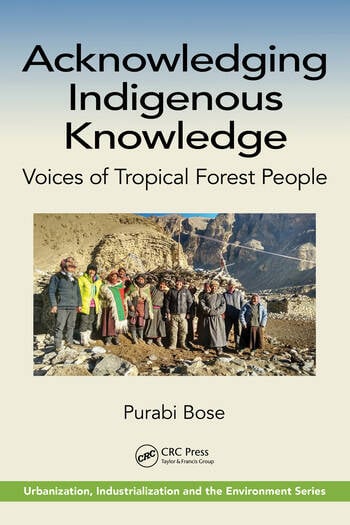
This book explores how the landscapes in indigenous territories are rapidly changing due to increased global industrial demand. This deforestation and urbanization has isolated the Indigenous People from practising 'traditional ways of life.' Portrayed in the book are the Indigenous People's perspective of their Indigenous Knowledge about the enviornment, and why losing IK is a threat to humans, wildlife and nature.
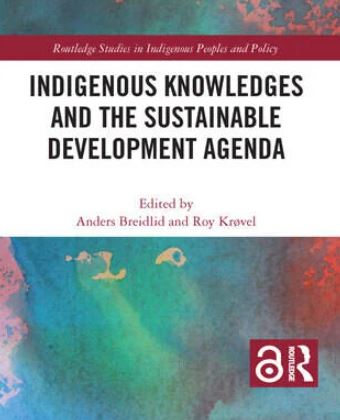
Indigenous Knowledges and the Sustainable Development Agenda
2021
Author(s): Breidlid A, Krøvel R
Drawing on experiences and field work from Africa, Asia, Latin America and Europe, Indigenous Knowledges and the Sustainable Development Agenda brings together authors who explore social, educational, institutional and ecological sustainability in relation to indigenous knowledges. In doing so, this book provides a comprehensive understanding of the concept of "sustainability", at both national and international levels, from a range of diverse perspectives.
Education, Indigenous Knowledges, and Development in the Global South: Contesting Knowledges for a Sustainable Future
2013
Author(s): Breidlid A
The book's focus is the hegemonic role of so-called modernist, Western epistemology that spread in the wake of colonialism and the capitalist economic system, and its exclusion and othering of other epistemologies.
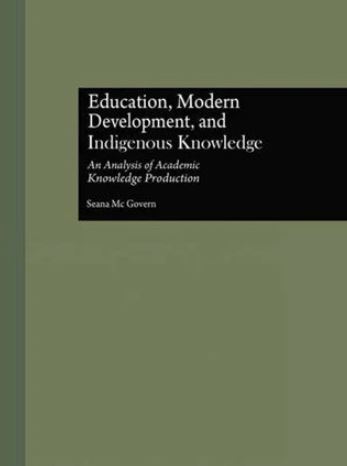
Education, Modern Development, and Indigenous Knowledge: An Analysis of Academic Knowledge Production
2016
Author(s): McGovern S
This book re-conceptualizes the field of international and comparative education by utilizing indigenous knowledge as a central component for altering the dominant, eurocentric social science research paradigm.
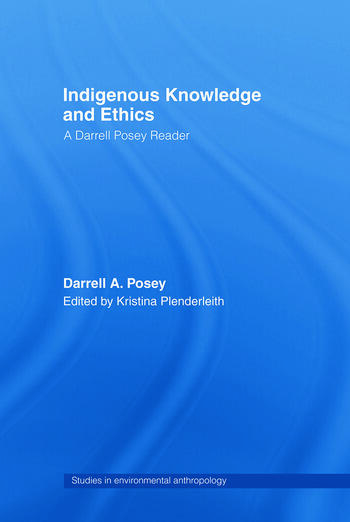
Indigenous Knowledge and Ethics: A Darrell Posey Reader
2004
Author(s): Plenderleith K, Posey D A
This book presents seventeen articles of Darrell A. Posey, on the topics of environment, indigenous knowledge and intellectual property rights. Demonstrating his belief in the validity of indigenous knowledge systems, and his insistence that indigenous rights must be recognised and protected, it is an ideal introduction to his thought and work.
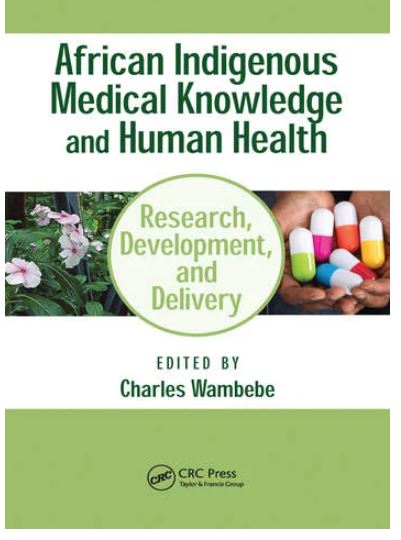
he book documents some of the success stories from the continent related to AIMK and serves as a one-step reference for all professionals interested in the research and development of medical interventions - including pharmacognosists, ethnobiologists, botanists, phytochemists, pharmacologists and medical scientists.



